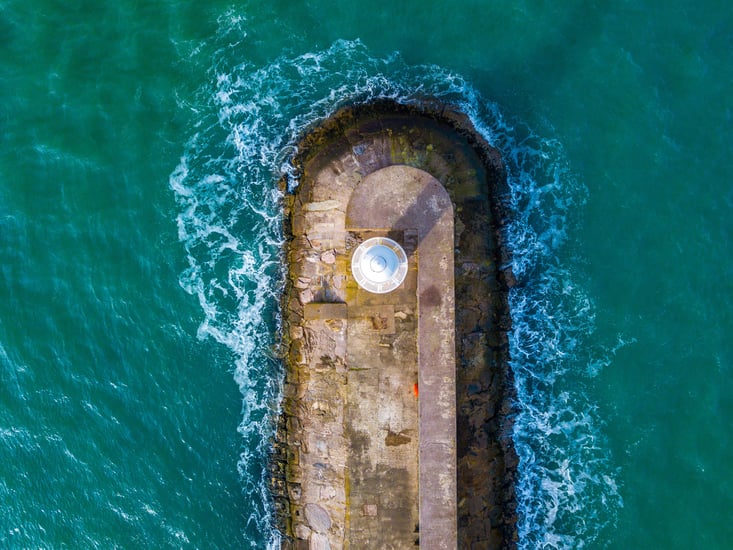brief n°13
Discover Policy Brief
n°13
An evaluation of the Intergovernmental Oceaonographic Commission’s role in global marine science and oceanography
FEBRUARY 2015
UNESCO’s Intergovernmental Oceanographic Commission (IOC) was established by the United Nations (UN) in 1960 to be the focal point for ocean science in the UN system. The UK was a founding member of IOC and has participated fully in every aspect of IOC’s work from the earliest days. The UK continues to see value in its membership of IOC and its participation in IOC functions.
However, the environment in which IOC operates has changed significantly over the years and IOC today faces some key challenges. Since IOC was established, a plethora of ocean bodies with a range of ocean-related remits have been created. Combined with changes in the jurisdiction of the seas, these developments have the potential to confuse and reduce IOC’s once central role in marine science. In addition, to demonstrate its continuing relevance to societal needs, IOC must adapt to change and provide the sort of scientific policy advice that UN Member States require as they begin to exploit more of their ocean resources.
Despite these challenges, IOC still has a vital and unique role to play, given the importance of its current work in international marine scientific data centres, intergovernmental coordination of marine scientific research, tsunami warning systems and the growth of new roles such as marine spatial planning.
In order to retain its relevance in an increasingly crowded space, and position itself for a successful long-term future, this policy brief recommends that IOC focus its resources and expertise on the areas where it plays a unique role. IOC is encouraged to position itself as an intergovernmental ocean science organisation that plays the leading role in coordinating and disseminating scientific ocean data to underpin marine science policy.
? Browse #PolicyBriefs

Enhancing and Harmonising the Strategic Management of UNESCO’s Goodwill Ambassador Programme
AUGUST 2013
#PolicyBrief n°11

An evaluation of the Intergovernmental Oceanographic Commission’s role in global marine science and oceanography
FEBRUARY 2015
#PolicyBrief n°13
The UK National Commission for UNESCO’s Policy Advice
We work with world-leading experts to advise the UK and devolved governments on UNESCO-related issues and to shape UNESCO’s programmes
From analysing global education goals to practical steps to implement UNESCO’s Recommendations, our advice helps ensure UNESCO’s work is effective and UK governments can fulfil their commitments as members of UNESCO
🌝 Visit Our Policy Advice






